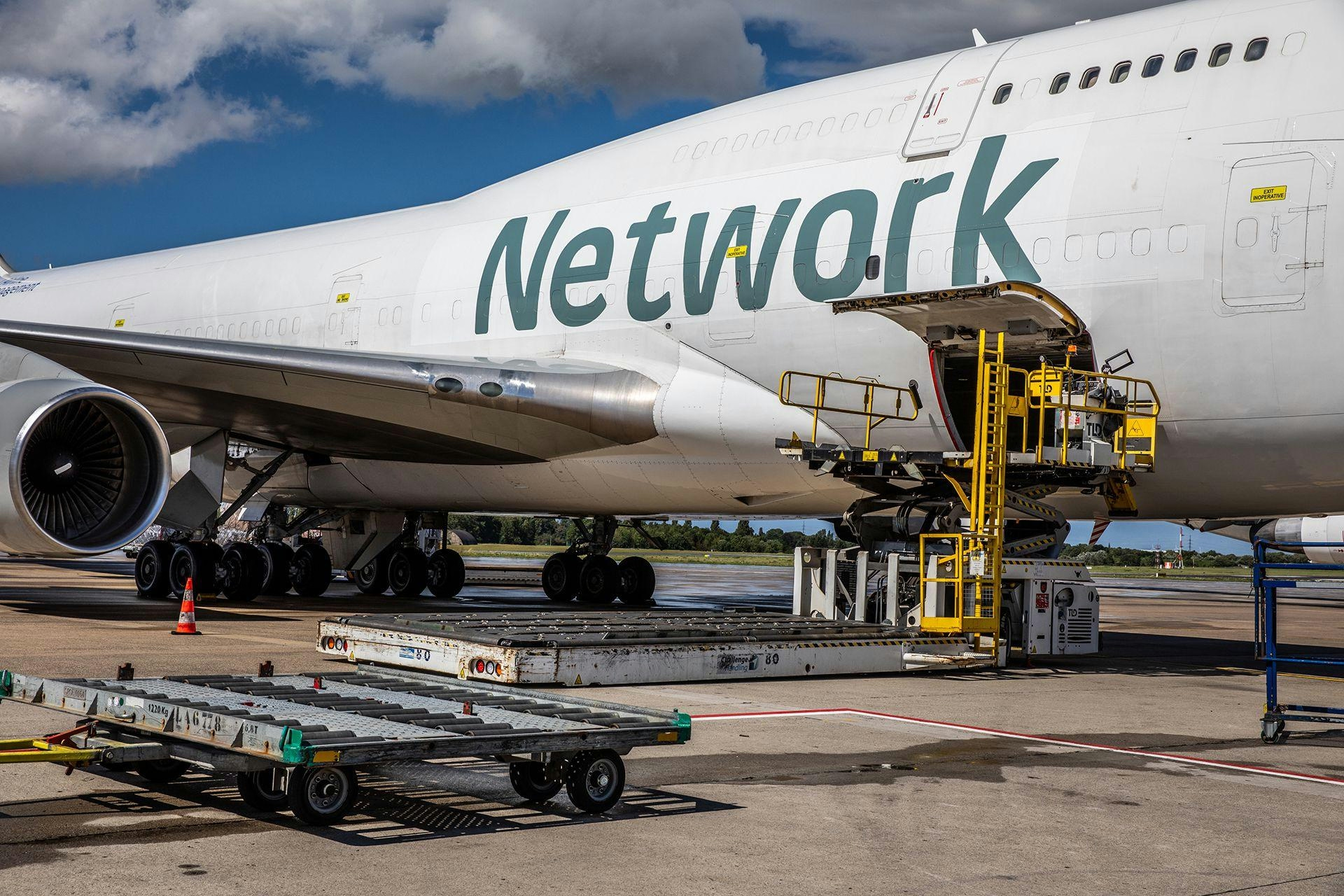
AeroGenie – Ihr intelligenter Copilot.
Trends
Categories
Eve to Test Beta’s Electric Motors Amid US Air Taxi Industry Deals
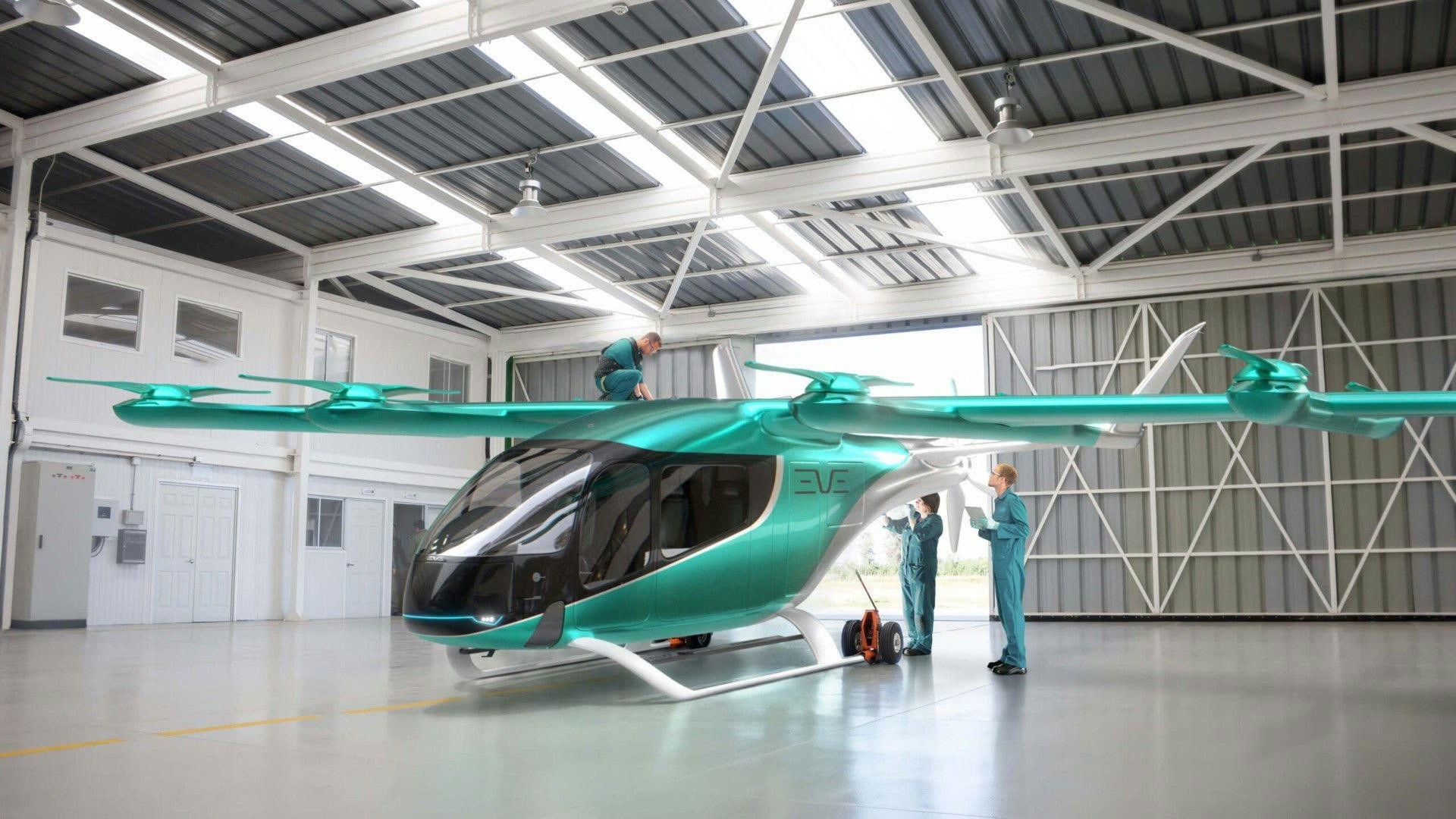
Eve to Test Beta Technologies’ Electric Motors Amid Intensifying US Air Taxi Competition
The US air taxi industry is witnessing a surge in strategic developments as leading companies vie for dominance in the burgeoning advanced air mobility sector. Eve Air Mobility, majority-owned by Brazilian aerospace giant Embraer, announced plans to test electric motors supplied by Beta Technologies on its electric vertical take-off and landing (eVTOL) prototype. This move reflects Eve’s efforts to optimize aircraft performance while addressing mounting financial pressures.
Evaluating Alternative Propulsion Systems
Previously, Eve had designated Nidec Aerospace as its primary supplier of electric propulsion systems for its in-development air taxi. However, on August 6, the company revealed an agreement with Beta Technologies to evaluate their electric motors on the prototype. Eve’s CEO Johann Bordais emphasized that Nidec remains fully committed to the project, but highlighted Beta’s strong relationship with the Federal Aviation Administration (FAA) and its innovative “start-up mindset” as influential factors in the decision. Bordais stated, “We’re looking for the most optimal design when it comes to safety, performance, reliability, and cost effectiveness.”
This strategic testing comes amid escalating financial challenges for Eve, which reported a 77% increase in net losses during the second quarter. The company is preparing for the first flight of its full-scale engineering prototype, now anticipated in December, according to Embraer CEO Francisco Gomes Neto. Bordais noted that the prototype is currently undergoing final ground tests ahead of its flight campaign.
Beta Technologies’ Role and Industry Context
Based in Vermont, Beta Technologies is recognized as a leading developer of electric aircraft. Its flagship model, the Alia CX300, features a conventional fixed-wing design with a pusher propeller, and the company plans to develop an eVTOL variant in the future. Beta distinguishes itself by designing and manufacturing key aircraft systems—including electric propulsion units, flight controls, and charging infrastructure—in-house. Since 2021, Beta has accumulated tens of thousands of hours testing its electric propulsion systems, including nearly 500 hours of flight testing. The company’s certification strategy involves certifying its electric pusher motor as a standalone technology, which will support the certification of both its Alia CTOL and VTOL aircraft.
Eve’s vice president of engineering and technology, Luiz Valentini, explained that the electric motors from Nidec and Beta differ in size, cooling systems, and integration methods. He noted, “There are some differences in the way the Beta motor integrates into the vehicle, how it communicates, and how some of the protections are made.” These distinctions necessitate further testing to determine the most suitable propulsion system for Eve’s aircraft.
Competitive Dynamics in the US Air Taxi Market
Eve’s announcement coincides with significant moves by its competitors. Joby Aviation recently agreed to acquire Blade Air Mobility’s passenger-travel brokerage and marketing business for up to $125 million, expanding its presence in the urban air taxi market. Meanwhile, California-based Archer Aviation has strengthened its defense sector capabilities by acquiring patents, personnel, and a composite fabrication facility from Overair.
Beyond the air taxi sector, broader market shifts are underway. Uber has invested in electric vehicle manufacturer Lucid and formed a partnership with autonomous delivery company Nuro, signaling potential cross-industry influences on the future of advanced air mobility.
As Eve advances toward its prototype’s maiden flight and explores alternative propulsion technologies, it faces the dual challenges of technological innovation and an increasingly competitive landscape.

Etihad Airways Wins Over 25 Awards at 2025 Global Travel Ceremony
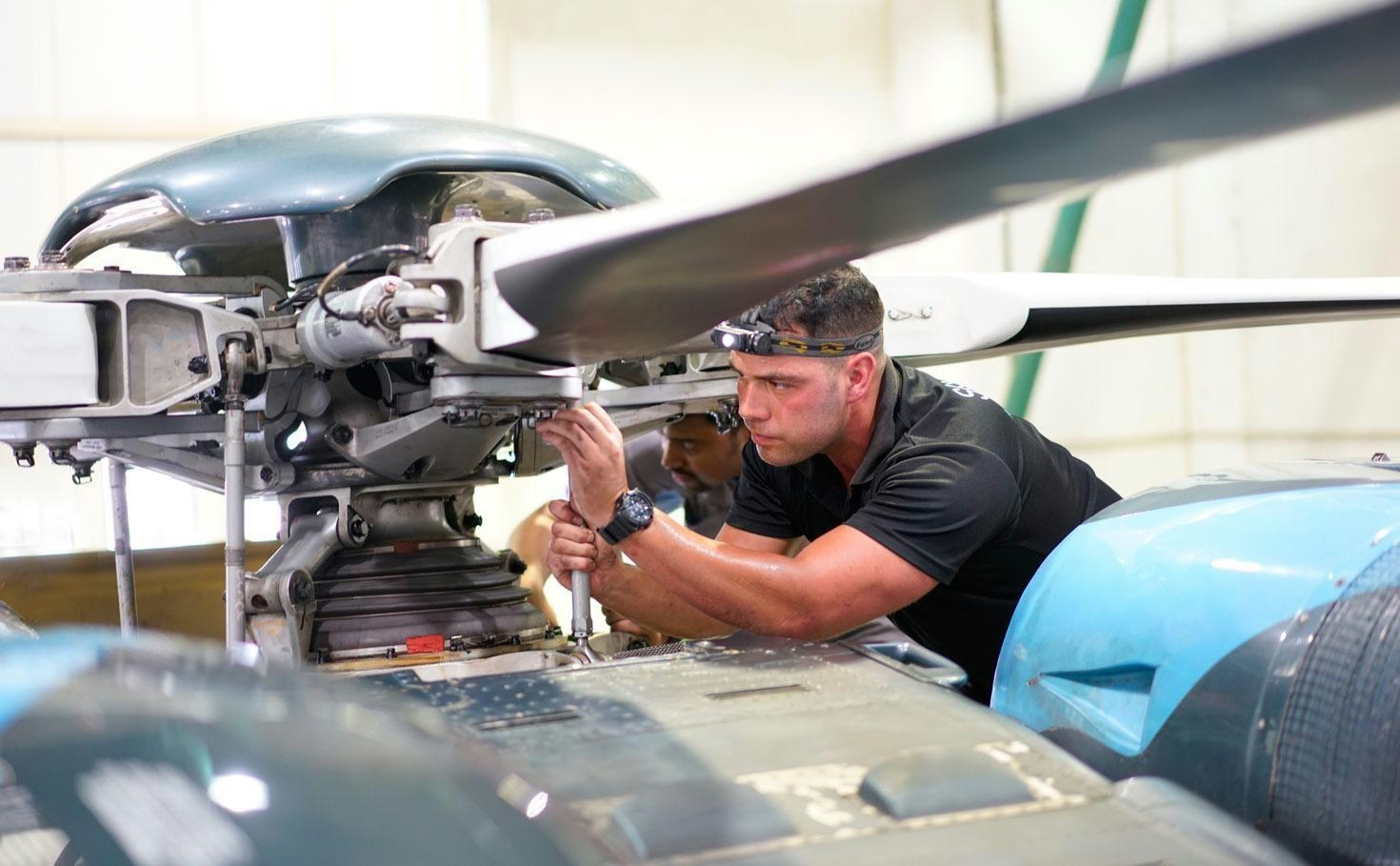
Companies Producing Diesel Airplane Engines Face Questions About Safety and Performance
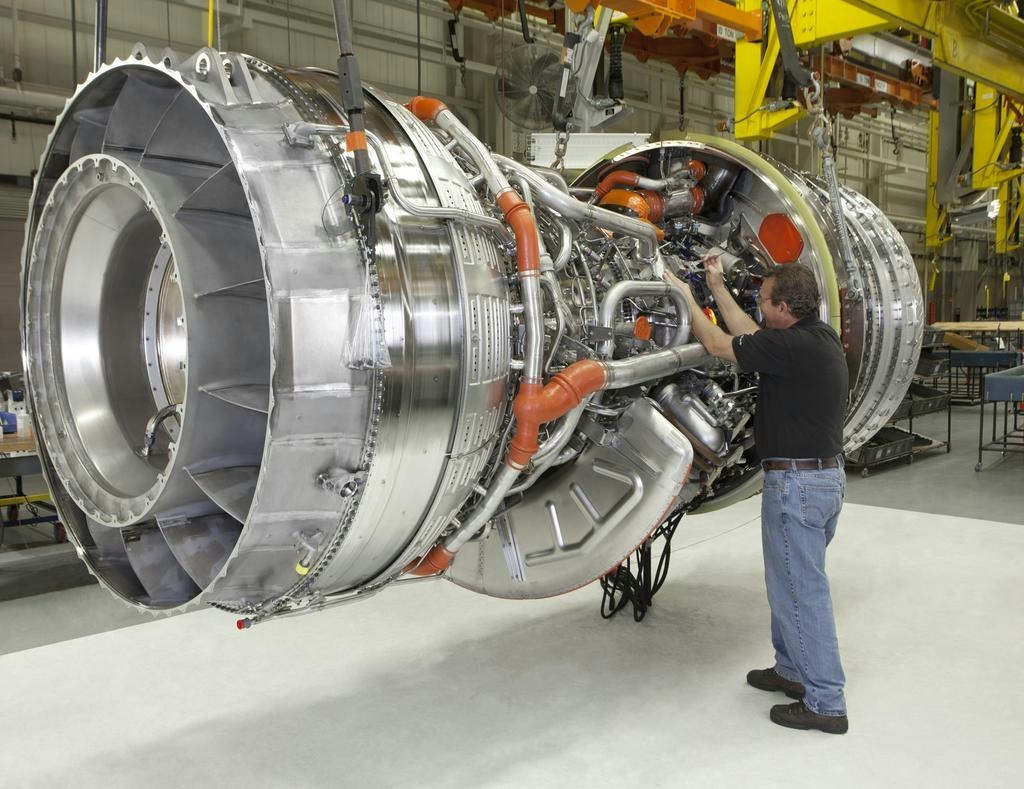
Explained: How GE Became a Jet Engine Manufacturer
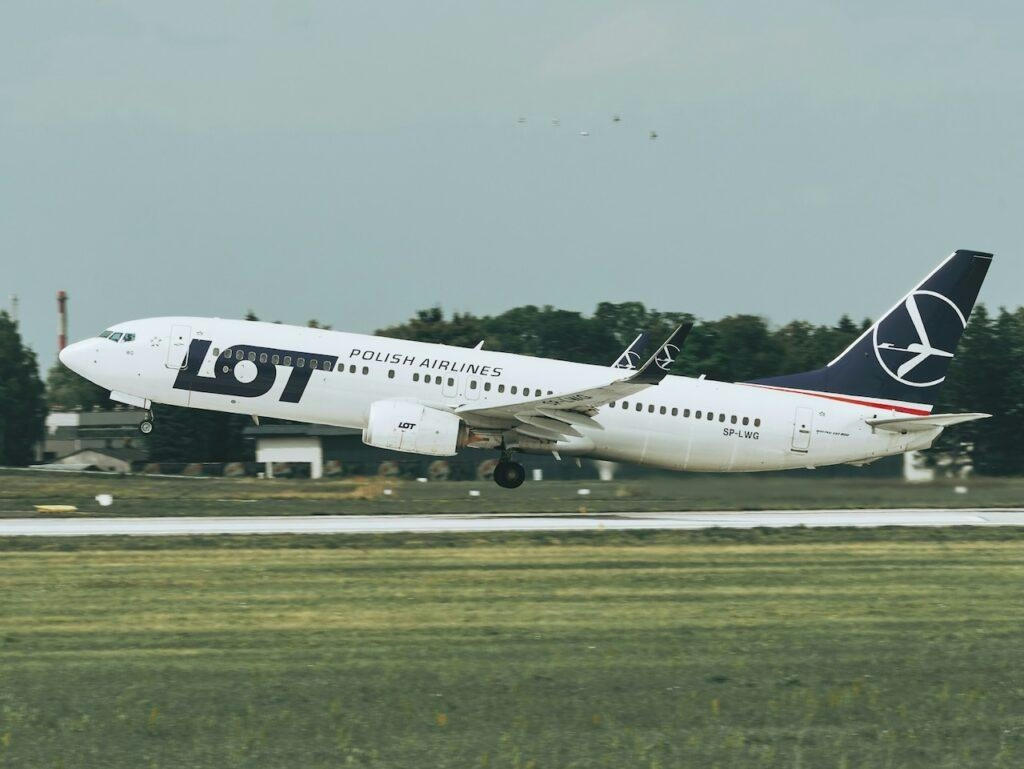
Aviation Capital Group Delivers Boeing 737 MAX 8 to LOT Polish Airlines
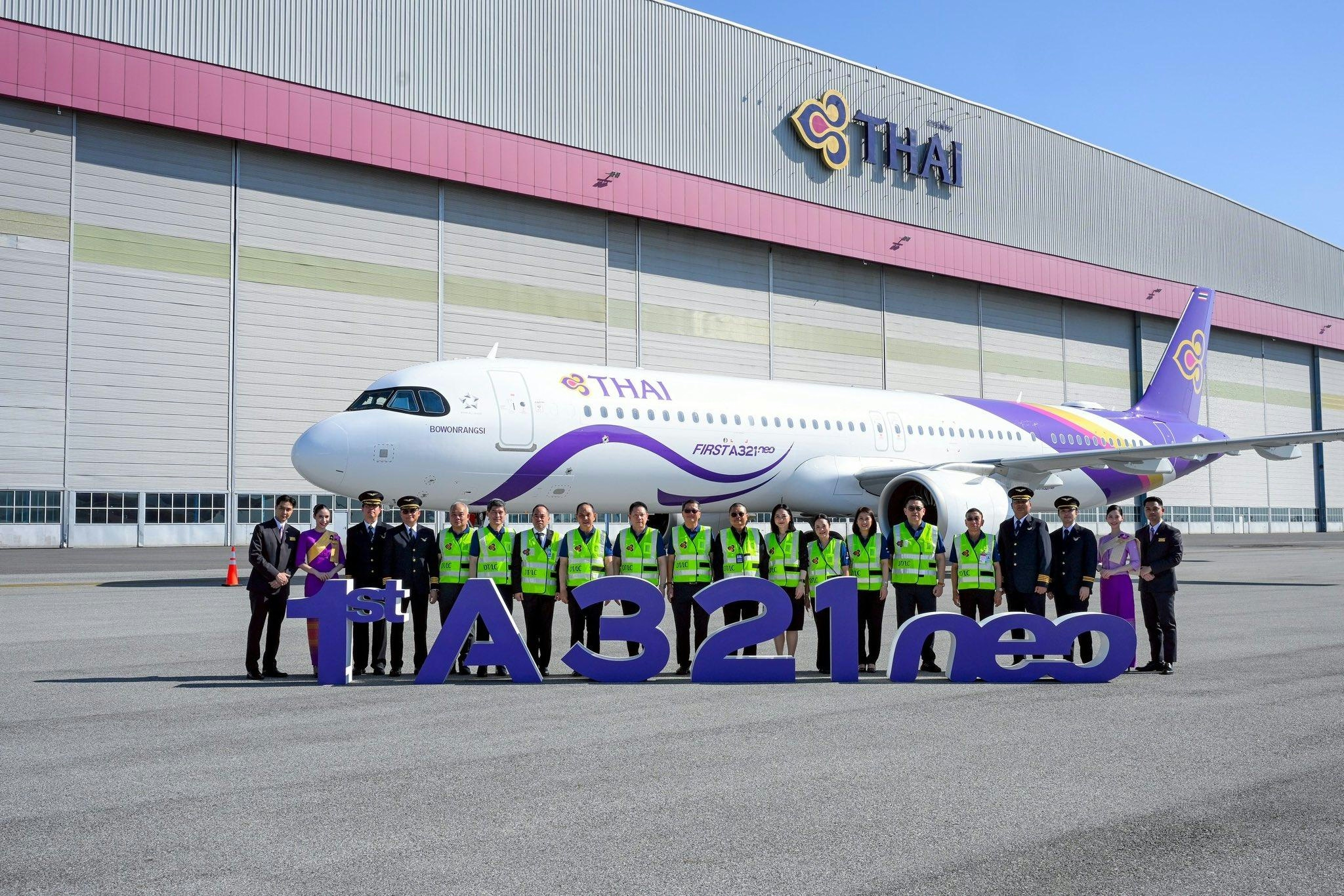
Thai Airways Receives First A321neo Aircraft
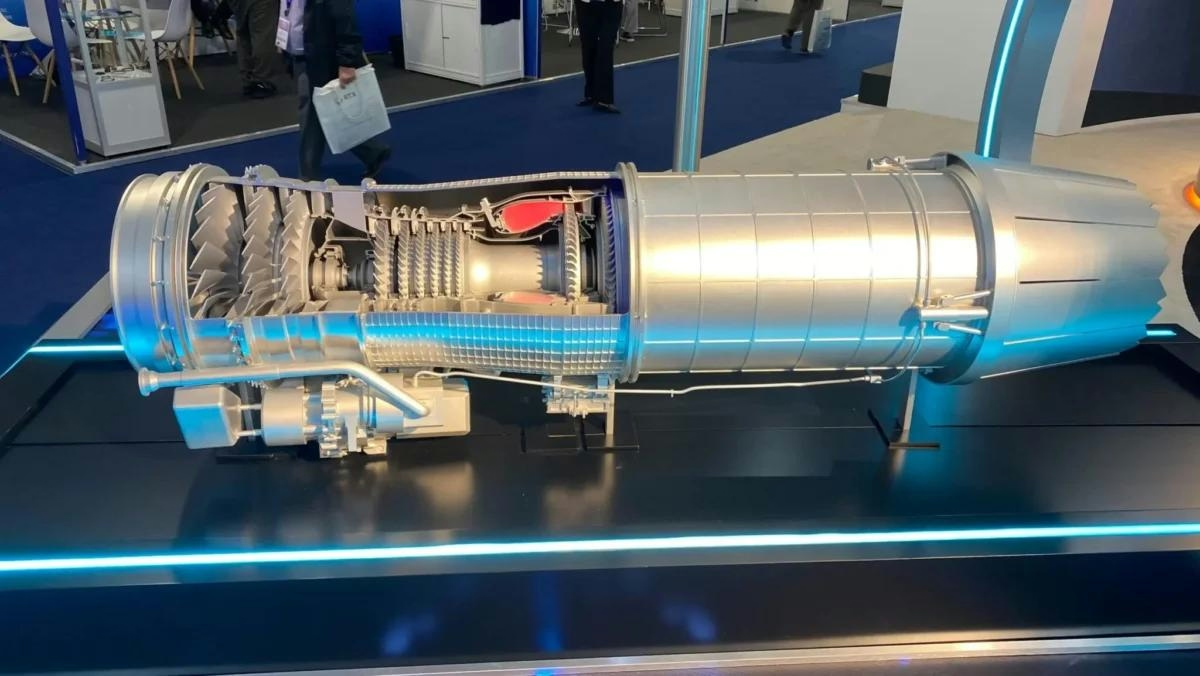
Seoul Invests 3.35 Trillion Won in New Fighter Jet Engine Development
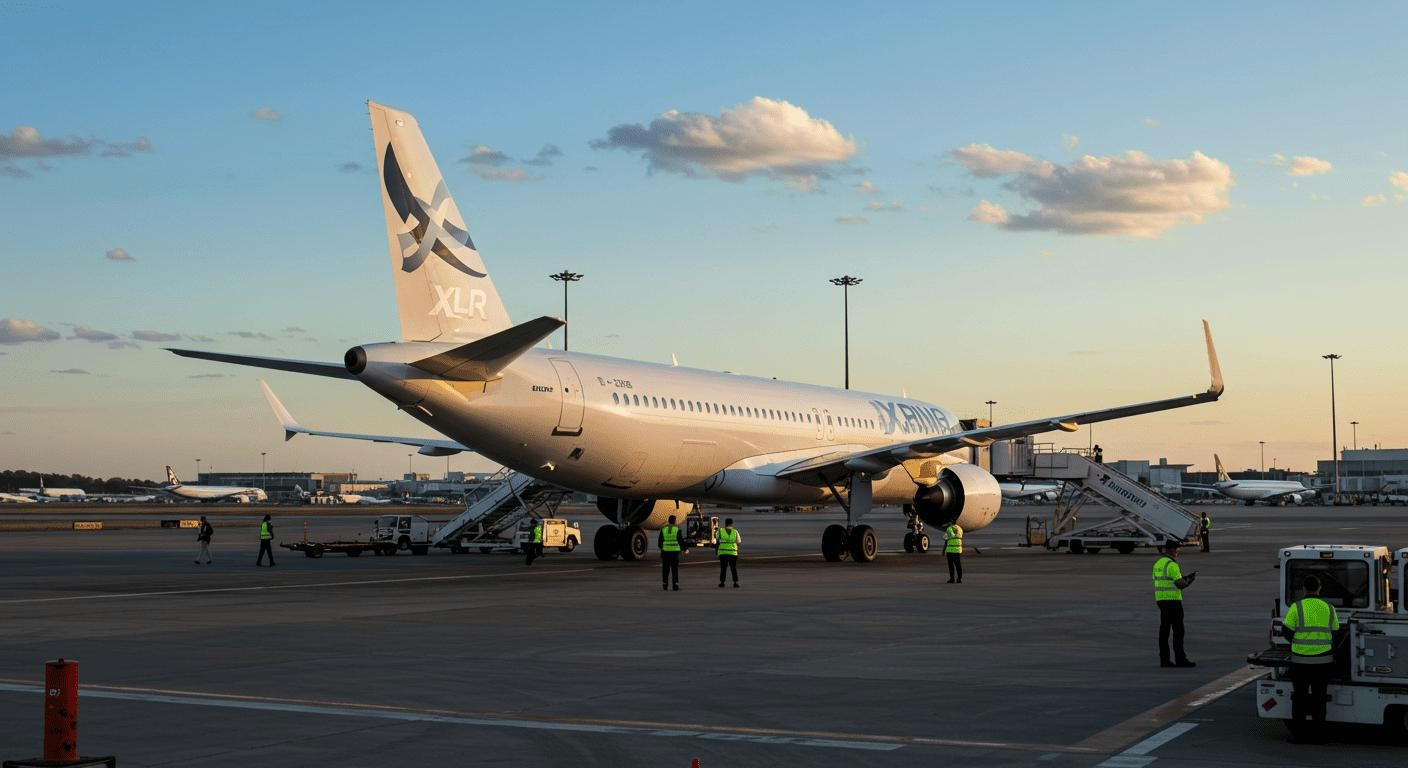
Can the A321XLR Replace Widebody Aircraft?
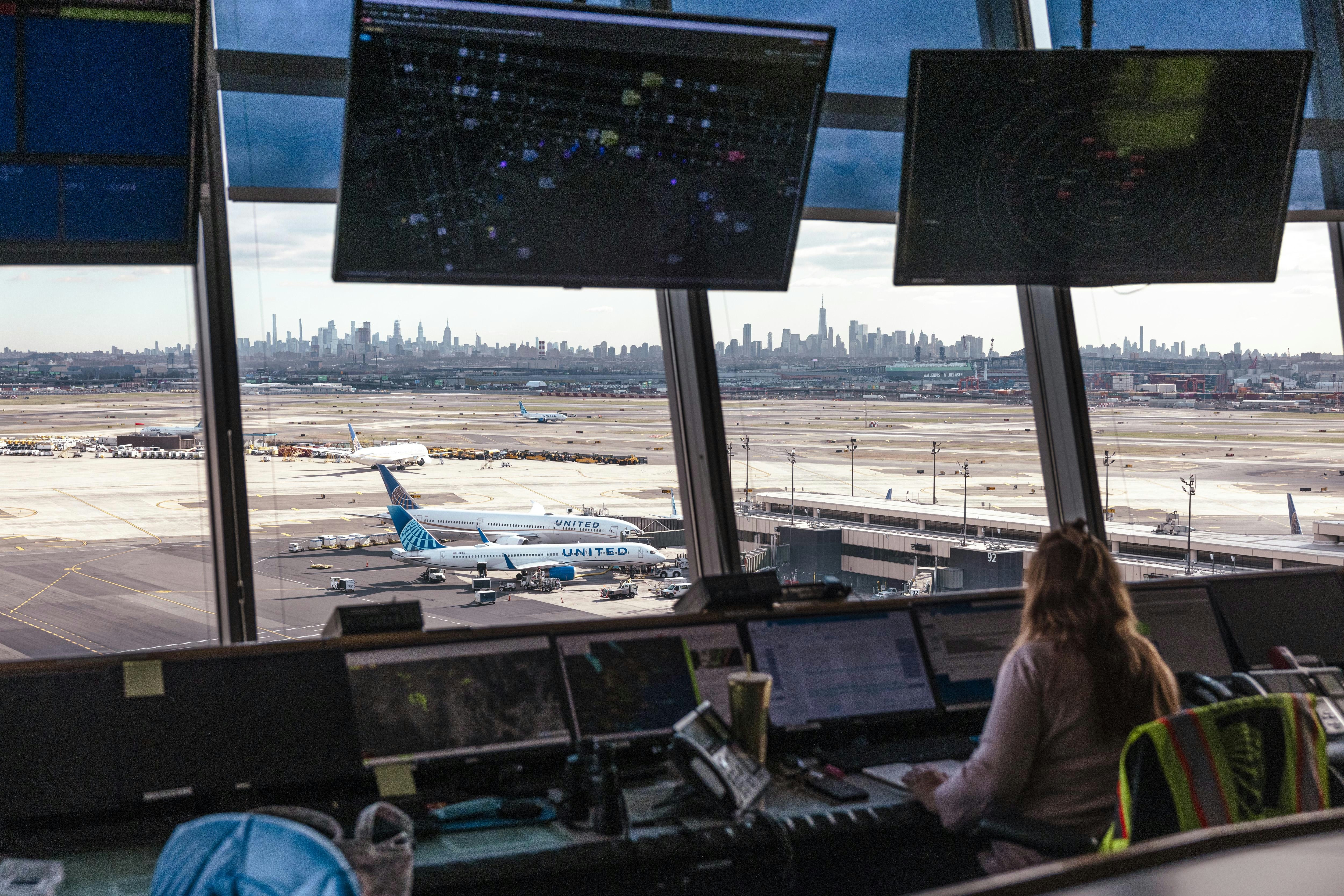
Airline Uses AI to Hold Flights for Passengers with Tight Connections
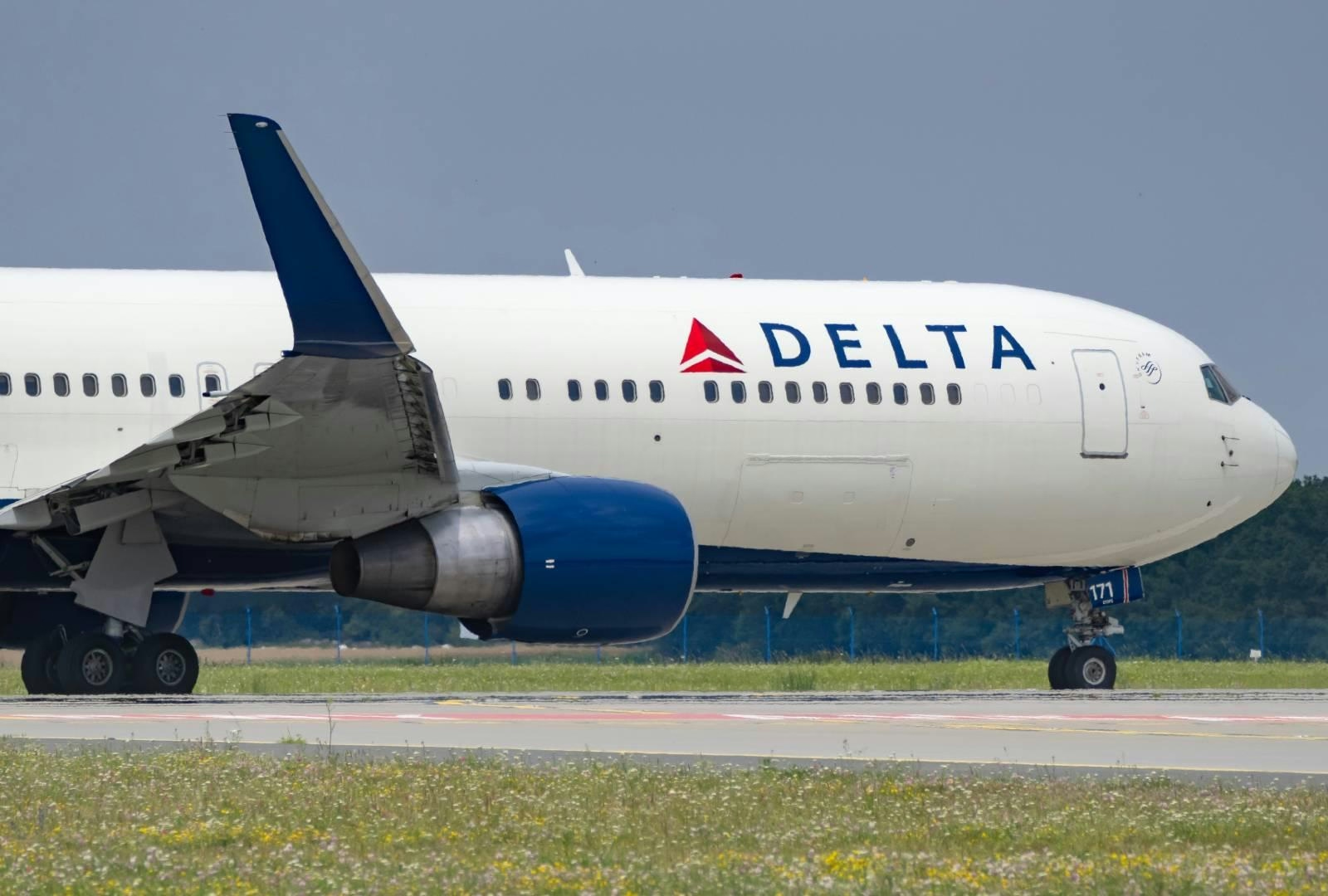
How Airlines Use AI to Set Flight Prices and What Consumers Can Do
